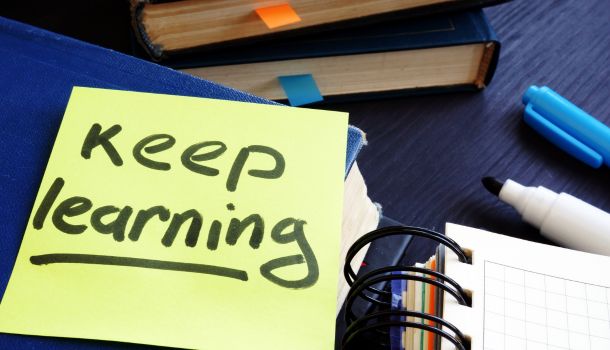Lifelong Learning: Journey of Discovery

Lifelong learning is a concept that emphasizes the importance of continuing education and personal development throughout your life. It is an approach to learning that recognizes that knowledge and skills are not acquired only in formal education. By continually challenging yourself to acquire new knowledge, you can stay engaged, adapt to change, and improve the quality of your life. This article will explore the concept of lifelong learning and delve into the works of researchers who have contributed to this field.
It is all-encompassing philosophy that encourages individuals to take responsibility for their personal and professional development. It promotes the idea that learning does not end with formal schooling, but rather continues as a natural part of living. Lifelong learners seek out new experiences, acquire new skills, and broaden their perspectives through various means, such as reading, travel, workshops, and online courses. This proactive approach to learning fosters a growth mindset and contributes to the development of well-rounded individuals.
We would like to present various viewpoints on this concept from several researchers who have made significant contributions to this domain, starting with, the work of Malcolm Knowles: Andragogy
Malcolm Knowles, an American educator, developed the concept of andragogy, which focuses on adult learning. Knowles’ work highlights the unique ways adults learn, emphasizing self-direction, experience-based learning, and goal-oriented education. His research has been influential in shaping adult education and emphasizing the importance of lifelong learning in personal and professional growth.
Howard Gardner: Multiple Intelligences
Psychologist Howard Gardner’s theory of multiple intelligences revolutionized the way people think about learning and intelligence. Gardner proposed that individuals possess various intelligences, including linguistic, logical-mathematical, spatial, bodily-kinesthetic, musical, interpersonal, and intrapersonal. By recognizing the diverse ways people learn, Gardner’s work encourages the development of well-rounded learning experiences that cater to different strengths and preferences, contributing to lifelong learning.
Carol Dweck: Growth Mindset
Carol Dweck, a psychologist, and researcher, is well-known for her work on the growth mindset. Her research suggests that individuals who believe their abilities can be developed through effort and persistence are more likely to embrace challenges, learn from criticism, and persevere in the face of setbacks. This growth mindset is central to the concept of lifelong learning, as it encourages people to view challenges as opportunities for growth and development.
Jack Mezirow: Transformative Learning
Jack Mezirow’s transformative learning theory explores how adults make meaning of their experiences and how this process can lead to personal growth. Mezirow suggests that transformative learning occurs when individuals critically examine their beliefs, values, and assumptions, leading to a shift in their perspectives. This self-reflection and critical thinking are essential to lifelong learning, as they help individuals adapt to new information and circumstances.
At UNYP, we are committed to promoting the concept of lifelong learning by continuously offering growth opportunities to our students. These opportunities are presented through workshops and masterclasses that extend beyond our regular curriculum. We believe that by providing these opportunities, we are supporting our community in their personal and professional development and preparing them for success in a rapidly changing world.
UNYP Chronicle Newsletter
The e-mail address you provide will be used only to send you the newsletter. Your privacy is important to us.

Contacts
University of New York in Prague
Londýnská 41, 120 00 Praha
ID no: 25676598
Phone:
+420 224 221 261
Email: unyp@unyp.cz







